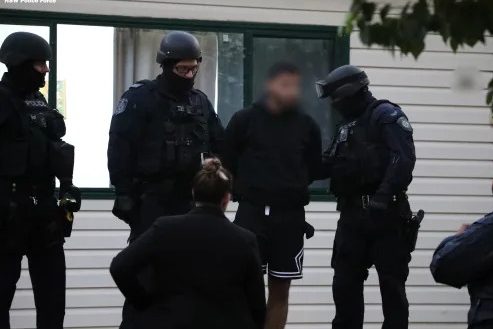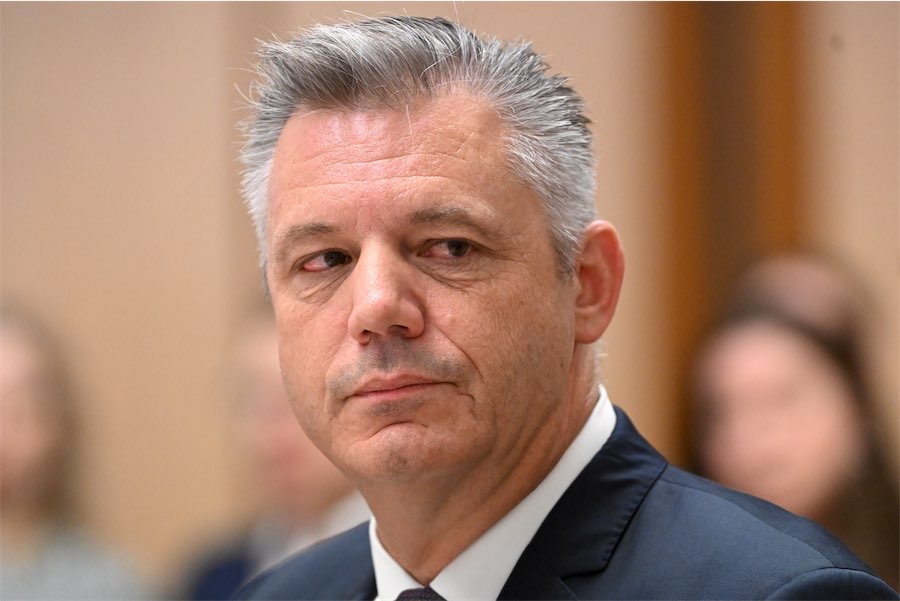
MEDICAL experts from ANU say telemedicine is changing how Australians think about doctor shortages in the bush.
The experts say artificial intelligence and IT will play a significant role in health delivery, but GPs of the future will also need new skills to be remote doctors.
The ANU Rural Clinical School chief associate Prof Malcolm Moore says that up until now, meeting the challenge of healthcare in remote and regional Australia is about encouraging medical graduates to move to areas in need.
“The rural and nursing workforce is in need of bolstering. The solution is multi-pronged,” Mr Moore says.
“Rural and remote Australians have far worse health outcomes than our metropolitan counterparts and we need solutions.
“It is not only about moving GPs to a rural location. We have to think about the model of healthcare delivery and how it is going to be delivered as much as having boots on the ground.
“Future rural doctors will need to be skilled-up for an era of telemedicine and telehealth and it is really going to challenge the traditional doctor and patient relationship.”
The experts say that telemedicine allows doctors to remotely diagnosis and treat patients, too.
“Telemedicine and remote consults are already happening and in some areas having channels to consults it is not just increasing access and in some cases it is the only access,” he says.
Prof Moore says rural doctors of the future may no longer have stethoscopes and will need new skills to incorporate technology.
“Remote consults by video will incorporate wearable devices that will report your blood pressure, pulse, oxygenation, blood glucose or if you are pregnant,” he says.
“But if technology just comes into practice and doctors start relating to it, the patient can get lost.
“The big challenge for doctors who are graduating now is to be able adapt to new technologies and use them really well.
“There are also problems to navigate for patients taking up new technology. One of the problems GPs face already is that people come in and they have already downloaded and printed out their Google diagnosis and we have to deconstruct that.”
A rural doctor forum on the issue took place at ANU today (August 16).
Who can be trusted?
In a world of spin and confusion, there’s never been a more important time to support independent journalism in Canberra.
If you trust our work online and want to enforce the power of independent voices, I invite you to make a small contribution.
Every dollar of support is invested back into our journalism to help keep citynews.com.au strong and free.
Thank you,
Ian Meikle, editor





Leave a Reply